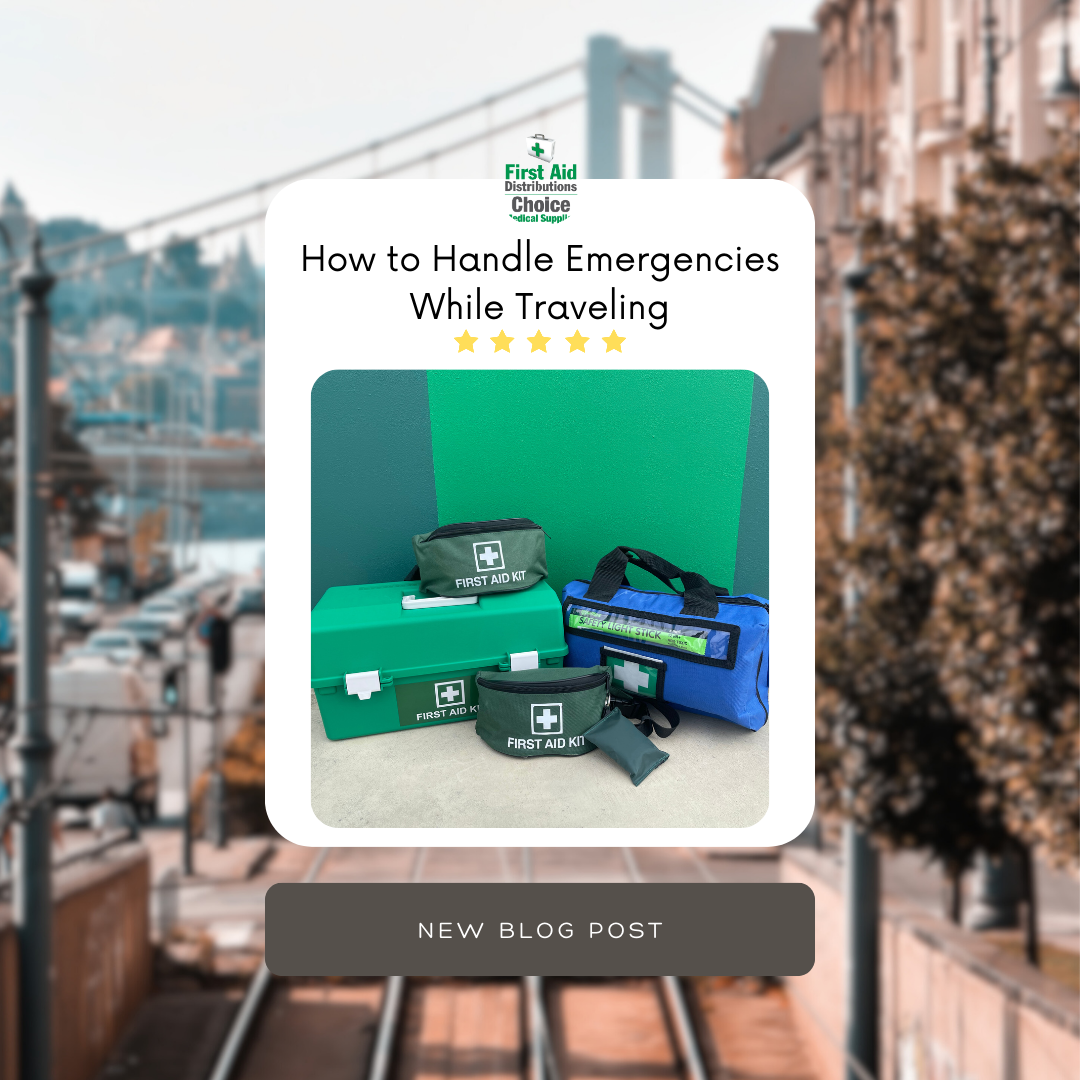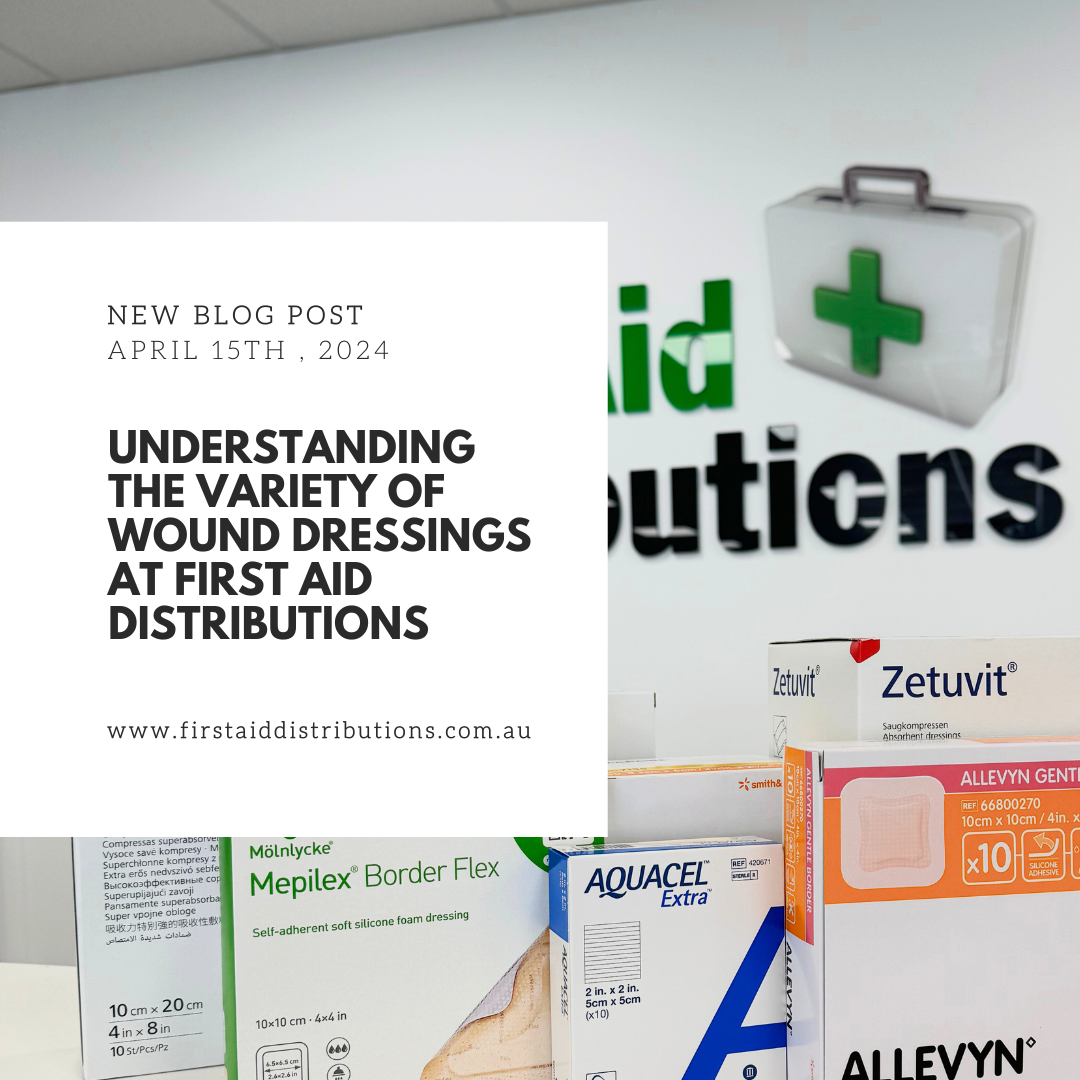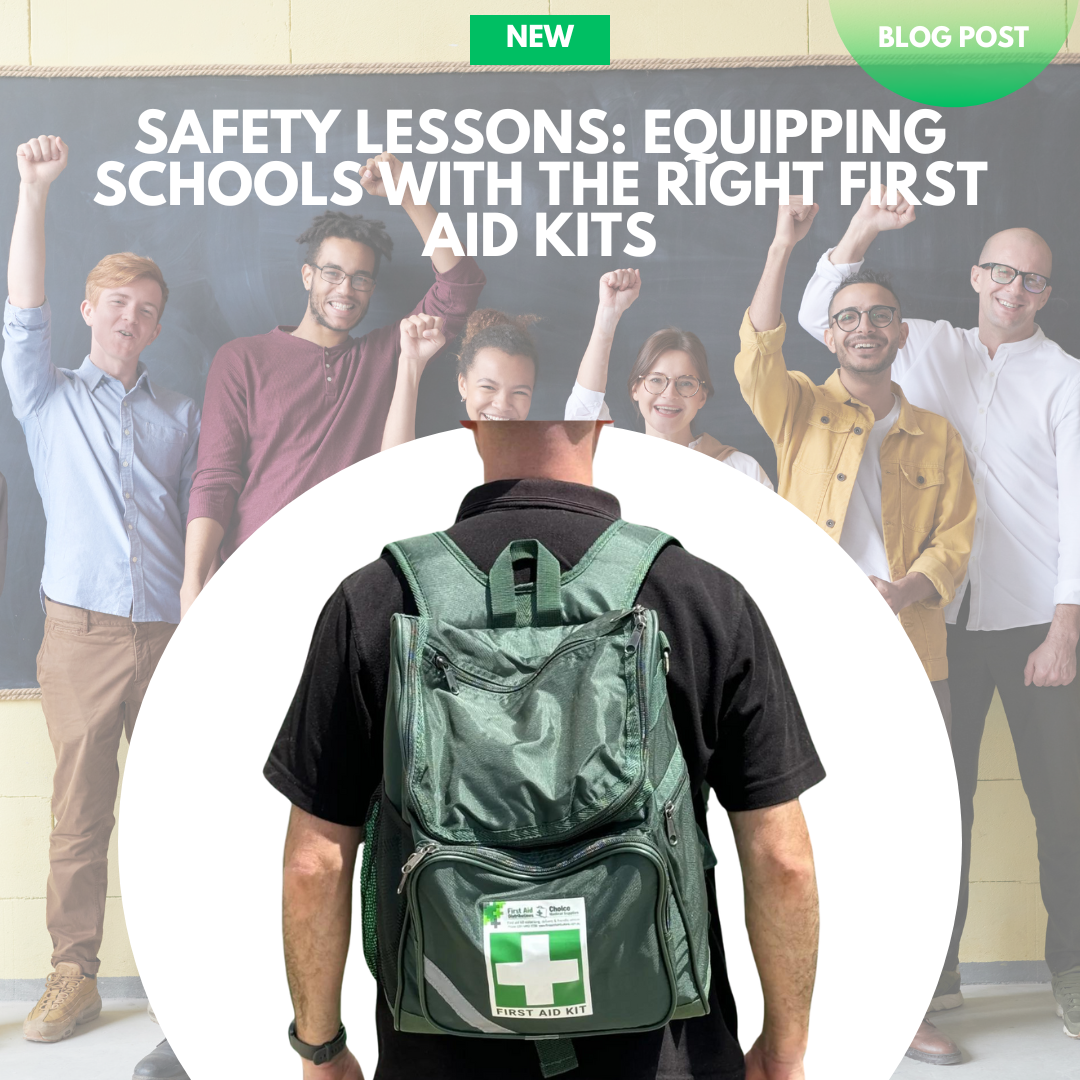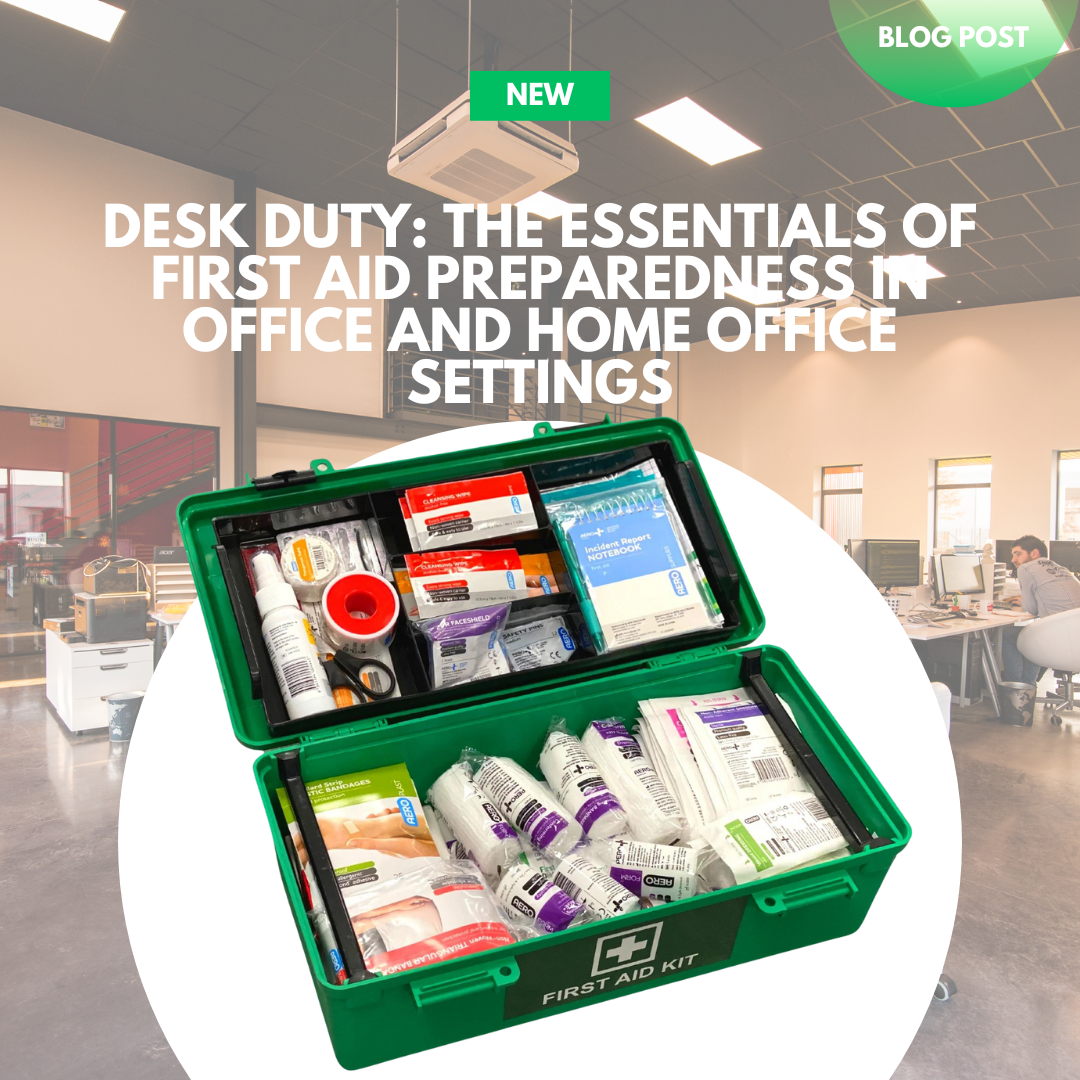
How to Handle Emergencies While Traveling
Imagine you're in the middle of a bustling foreign city, or perhaps deep in the serenity of a remote mountain village, when the unexpected happens: an emergency. Whether it's a twisted ankle on a cobblestone street or a sudden fever in the forrest, knowing how to handle emergencies while traveling can transform you from a hapless tourist to a savvy traveler. Let's dive into a survival guide that'll have you managing health crises on the road like a pro.

1. Master the Art of Calm - Assessing the Situation:
- The Power of Zen: When an emergency strikes, your first weapon is your ability to stay calm. Take a deep breath, channel your inner Zen, and assess the situation. Is it a minor scrape, or something more serious? Your calm demeanour can not only help you think clearly but also reassure those around you.
2. Your First Aid Kit - The Traveler's Best Friend:
- Be a First Aid Hero: You’ve packed your first aid kit, now’s the time to use it. For cuts, scrapes, or minor burns, become your own medic. Clean the wound, apply an antiseptic, and dress it neatly. It’s your first line of defence against turning a small mishap into a major problem.
3. Seeking Professional Help - When to Call in the Cavalry:
- Know Your Limits: There's being brave, and then there's being wise. For serious issues like severe allergic reactions, deep wounds, or symptoms you can’t explain, seek professional medical attention immediately. Keep a list of emergency numbers and know the nearest medical facility in your travel destination.
4. Local Health Intel - Your Pre-Trip Homework:
- Do Your Detective Work: Before you set off, become a detective on local health risks. Are there any outbreaks or environmental hazards you should know about? Knowledge is power, and in this case, it could be the key to preventing health emergencies.
5. The Safety Net of Travel Insurance:
- Your Financial Guardian Angel: Never underestimate the power of good travel insurance. It’s not just a piece of paper; it’s your financial guardian angel in emergencies, covering everything from doctor visits to emergency evacuations. Make sure you understand your policy and keep a digital copy handy.
6. First Aid Skills - More Than Just a Band-Aid:
- Become a First Aid Champ: Consider taking a basic first aid course before your trip. Knowing how to perform CPR, treat a sprain, or manage a fever can be incredibly empowering. Plus, it’s a skill set that’s valuable long after your trip ends.

7. Cultivating Emergency Contacts - Your Invisible Support Team:
- Build Your Safety Network: Have a list of emergency contacts both in your travel destination and back home. This includes local emergency services, your country's embassy, and family or friends who can be contacted in case of an emergency.
8. Embrace the Local Language - A Few Words Can Go a Long Way:
- Speak the Survival Lingo: Learn some basic medical terms in the local language. Words like "help," "doctor," and "emergency" can be crucial in a pinch. It’s a small effort that can have a big impact.
Handling emergencies while traveling might seem daunting, but with preparation, knowledge, and a cool head, you can navigate even the trickiest situations. Remember, the goal of travel is to explore, experience, and enjoy. Being prepared for emergencies is just part of the journey, ensuring that your adventures are not just thrilling, but also safe. So go ahead, arm yourself with these tips, and set forth on your travels with confidence. Safe travels, and may your journeys be as smooth as they are exciting!




